

From solo tradesmen to millionaire: Charlie Mullins offers up the secrets of his success
Posted: Sunday, February 27th, 2022
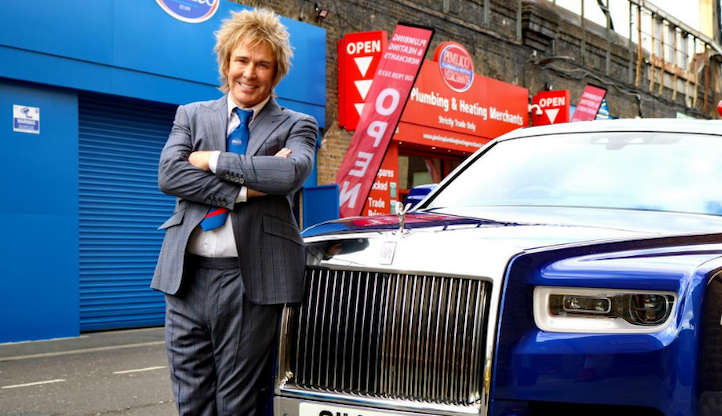
Charlie Mullins made a name for himself as the outspoken founder of homes services giant Pimlico Plumbers. He started out in 1979 with a second-hand van, and some tools. Over 40 years he built a repair services empire employing 450 people, handling over 100,000 calls, that fixed everything from leaky pipes to electrics. In September he sold his interest in the firm to US services firm Neighborly for a reported £145 million. Clive Holland caught up with the original Pimlico plumber to discuss the secrets of his success. Clive Holland: How did your business grow into the successful empire it became? Charline Mullins: Like most self-employed people you’re running around trying to do everything yourself. You get to that situation, and you have got to realise, ‘do you keep running around, trying to do everything, or do you employ people’? Undoubtedly the way to scale-up is to employ people. I know it is something that we don’t necessarily look forward to because it does have its downsides, but I don’t know any other way [to] scale up your business, without employing more people. There are plenty of people happy to work for companies [where] somebody else is the driving force. You just have to get those people onboard and that is when things will change. I am making it sound simple, but after 41 years at Pimlico, we were employing over 450 people, including about 60 apprentices. Holland: What were the Charlie Mullins’ rules that you lived by when growing the business? Or were you just suddenly overwhelmed by the amount of business coming in? Mullins: I wouldn’t say we were ‘overwhelmed’ because you grow into it – you take one person on, then two and then it happens. You have someone who can answer the phones, someone who can estimate the job, more people that can do the job. Then you put management in place. When you have a team of ten you need a manager out there on the road to quality control and keep the business going. We didn’t get it right straightaway, but one of the important things that we did from day one was to have a set of rules to go by. We built a manual – the ‘Pimlico Bible’. Then everybody was drinking from the same teapot – everybody knew what time we started, what time we finished, what uniform we wore, how we turned up at the job. We became transparent. It is not as complicated as it sounds, it is having a structure – whether you are gonna to have a uniform, whether you’re gonna work at the weekends. Whether you’re gonna to expand your business and what way you’re gonna expand. Then everybody knows where you’re heading – that is very, very important. Holland: There are tradespeople out there in a position where they think ‘do I stick, do I twist?’. How much of managing growth is taking risks, and is managing risk a big part of it? Mullins: Undoubtedly, undoubtedly. You’ve got to take the chances, I hate to say it but you’re going to have sleepless nights, you’re going to worry about things, but I think you have to go through that to be successful. I realise now that business isn’t an overnight success – we was 41 years, and I would say we was on the top for 20-odd years. The longer you’re in business, the more successful that business will be, because you learn all the downsides [and] the pluses and once it is flowing, there is nothing like it. I’ve got to be honest I look back and I think, ‘bloody lovely – brilliant!’. I’ve got a successful business, I’ve got a good name, people are earning good money for you. Holland: What advice would you offer tradespeople that are scaling up? Mullins: Well, the first bit of advice – employ people. That is the turning point – there are no two ways about that. You can only do so much. To be honest I often say to people, ‘the worst thing in business also happens to be the best thing in business.’ The worst thing in business is employing people – and what is the best thing for a business? It’s employing people. It is a double-sided sword, but the advice is ‘employ people’. And the second bit is to look after the people that you have onboard, make sure they are going to stay with you and that they get a reward out of it. We need to make sure you look after people, because if somebody is going to look after them better than you, then they are going to get the better people. Today more than ever, you have to look after the people you employ. But in the same token you don’t want to have a tail wagging the dog situation. You’ve still got to be the boss and the leader, [and] these are your rules. To listen to the full interview, click below.
Trending Stories
-
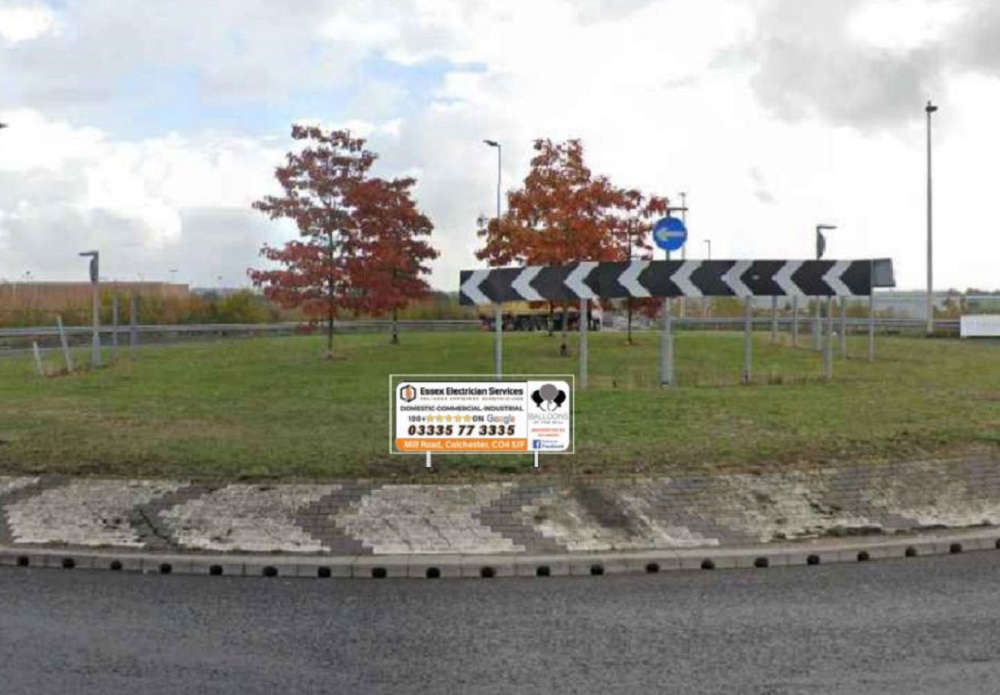 Essex electrician has roundabout signs rejected
Essex electrician has roundabout signs rejected
A sparkie’s bid to sponsor signs on two roundabouts has been refused by planning chiefs who described them as “clutter”
-
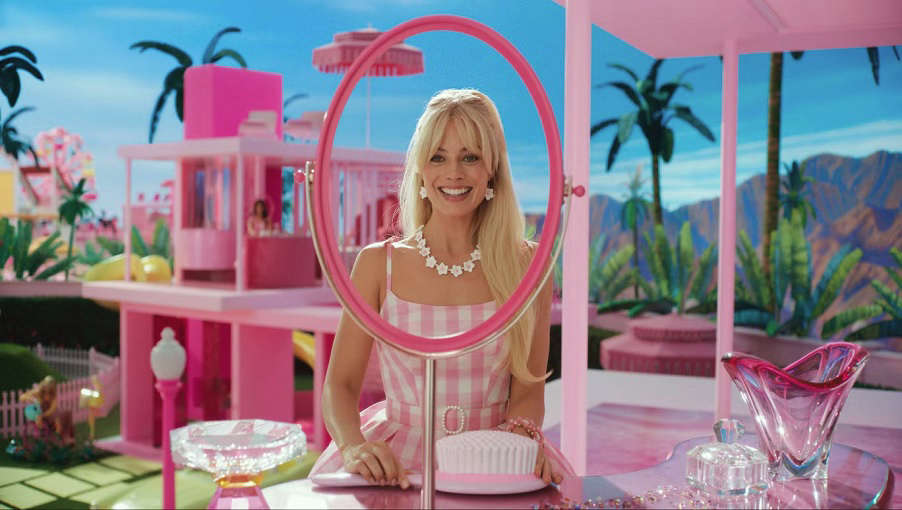 Barbie caused a ‘worldwide’ shortage of pink paint
Barbie caused a ‘worldwide’ shortage of pink paint
Barbie needed so much fluorescent pink paint that it caused a worldwide supply shortage for an entire company
-
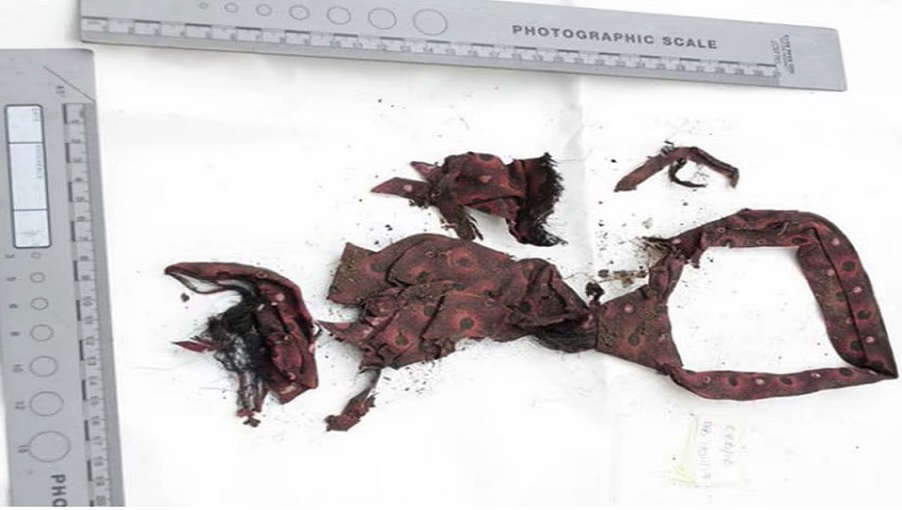 Builders find body of man murdered in the 1960s and buried in back garden
Builders find body of man murdered in the 1960s and buried in back garden
A woman who bought a South London house was left horrified after builders discovered the body of a man murdered in the 1960s and buried in her garden 14 months after she moved in
-
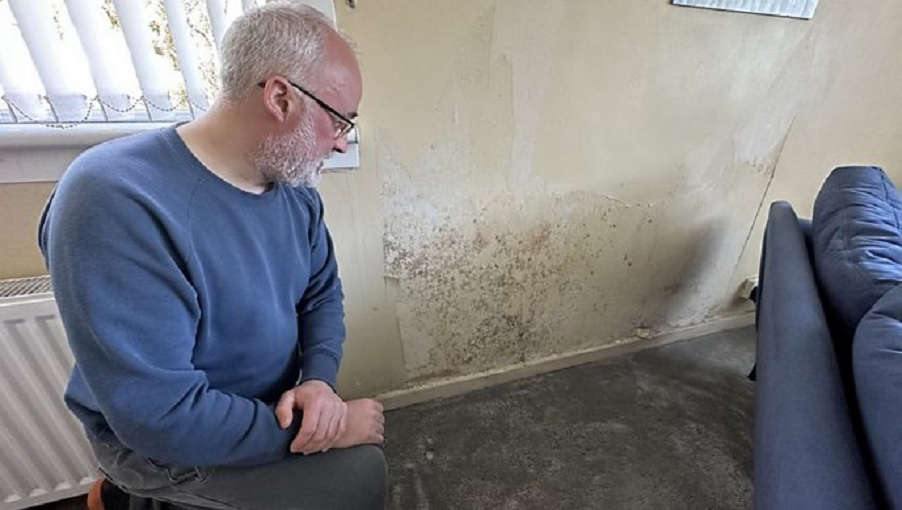 'Government insulation scheme ruined my home'
'Government insulation scheme ruined my home'
A home-owner said his flat has been ruined by black mould caused by a government "green" insulation schem
-
 Builder celebrates lottery win by buying his coworkers bacon butties
Builder celebrates lottery win by buying his coworkers bacon butties
A builder from Milford Haven who won big on the lottery celebrated his victory by treating all his workmates to a round of bacon rolls
Comments
Add a comment